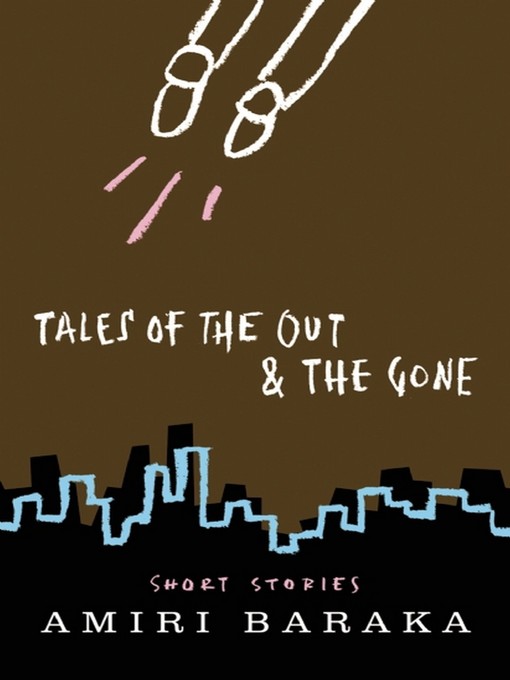
Tales of the Out & the Gone
کتاب های مرتبط
- اطلاعات
- نقد و بررسی
- دیدگاه کاربران
نقد و بررسی

September 11, 2006
The same rhetorical bomb throwing that drew attention to Baraka for his poem "Who Blew Up America" shoots through these stories written from 1974 through the present. Baraka works over issues of politics, race, sex and the afterlife, though the focus is always on ideas and wordplay. In "Conrad Loomis and the Clothes Ray," the narrator's friend Conrad reveals his new invention, a "clothes ray" that zaps the illusion of natty clothing onto the body of a naked person. Loomis describes himself as "outtelligent," which is superior to plain intelligence because it represents a brightness focused outward rather than inward. He also explains that while most people can understand problems, he can both "over and understand them." Linguistic ticks and characters like Loomis represent the engaging but intellectually imprecise core of this collection. At their best, these stories stretch language and churn out grimly whimsical notions, but Baraka also misfires, tweaking language into meaninglessness, or, for instance, melding The Matrix
with hoary 9/11 conspiracy theories.

November 1, 2006
In these daring pieces, Baraka ("Somebody Blew Up America"), former poet laureate of New Jersey and always the provocateur, reflects on the politics of the 1970s and 1980s, makes fun of buppies, and offers many more unusual stories. (See review, p. 71.)
Copyright 2006 Library Journal, LLC Used with permission.

December 1, 2006
In his signature politically piercing and poetic staccato style, Baraka offers a perspective on social and political changes and a fresh view of the possibilities that language presents in exploring human passions. The first part of this collection of short stories focuses on politics of the 1970s and 1980s, when economic prospects were so bleak that muggers were mugging muggers, black mayors replaced white mayors with very little else changing, and revolutionaries were severely compromised. In the second part, Baraka offers pieces from the late 1980s through the current day, again spotting hypocrisy on all fronts and exhibiting the joy of language and self-expression and an abiding appreciation for a well-told tale. Baraka is a keen observer of the outlandish and outrageous in politics and human behavior. Fans and newcomers alike will appreciate Baraka's breadth of political perspective and passion for storytelling.(Reprinted with permission of Booklist, copyright 2006, American Library Association.)

























دیدگاه کاربران